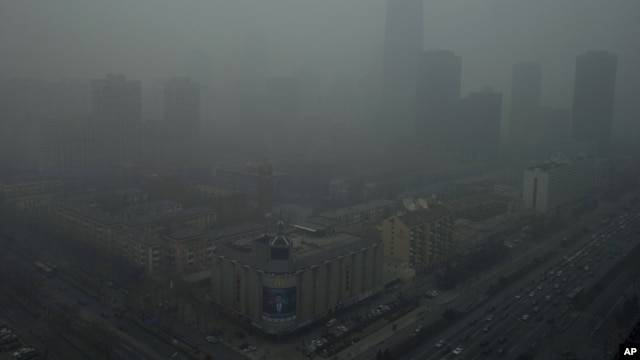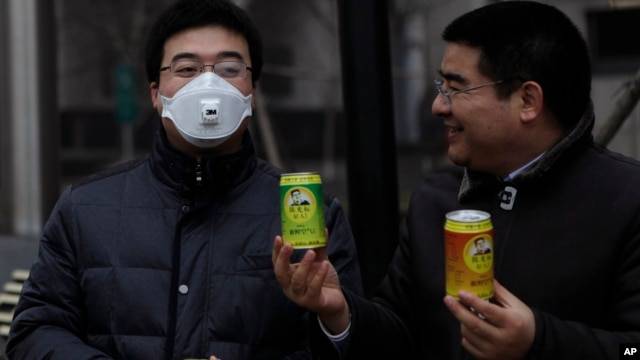Toronado3800
Gold Member
- Nov 15, 2009
- 7,608
- 560
- 140
Here is a link to the yahoo news story about air quality in Bejing.
Air pollution in Beijing goes off the index - Yahoo! News
Is it really that bad? Any idea what our cities scored or would have scored back in the day when folks used coal to heat their homes?
What I read is "this is the lack of regulation our companies must compete with".
Air pollution in Beijing goes off the index - Yahoo! News
Is it really that bad? Any idea what our cities scored or would have scored back in the day when folks used coal to heat their homes?
What I read is "this is the lack of regulation our companies must compete with".





 INdeed........to the climate k00ks, the water and air could never be clean enough. If it was 99.9999% perfect, the k00ks would still be complaining. They all seek the destruction of the capitalistic system, which is the main function of "climate change" science. What China represents is the folly in any kind of pursuit of climate change regulation in America. Its like somebody cutting off their arm and being able to say, "Hey....I just lost 15 pounds!!!"
INdeed........to the climate k00ks, the water and air could never be clean enough. If it was 99.9999% perfect, the k00ks would still be complaining. They all seek the destruction of the capitalistic system, which is the main function of "climate change" science. What China represents is the folly in any kind of pursuit of climate change regulation in America. Its like somebody cutting off their arm and being able to say, "Hey....I just lost 15 pounds!!!"